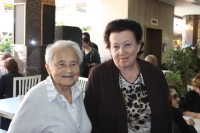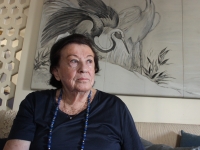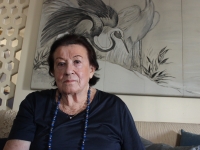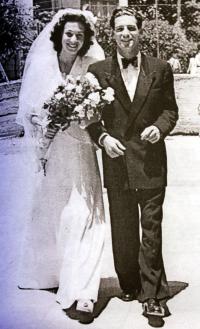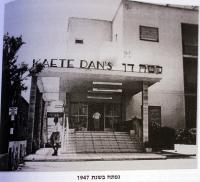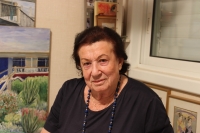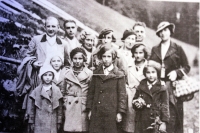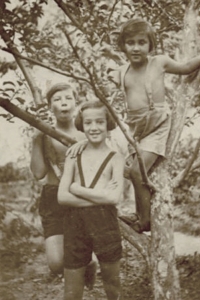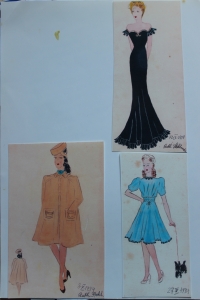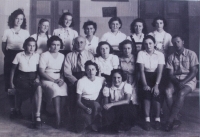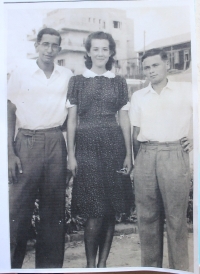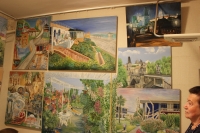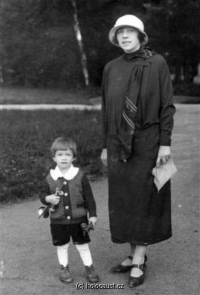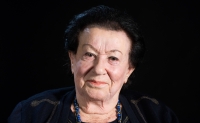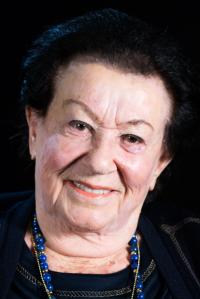I have had an interesting life
Ruth Federmann, née Steckelmacher, was born in 1926 in Prostějov in a Jewish family. She lived in her native Prostějov until she was three years old and then she moved to Prague with her parents and her older handicapped brother. Her father Artur Steckelmacher worked as a construction engineer and architect and his best-known projects included the interior of the Roxy Palace in Dlouhá Street in Prague. Ruth’s father died in 1933 and her mother never remarried. Ruth was one of the few survivors of the 250 children who were supposed to travel to England in the largest transport that was organized by Nicholas Winton. The train with the children was ready to depart from Prague on September 1, 1939, but due to the outbreak of the war it was not allowed to leave anymore. In November 1939, her mother sent Ruth to Palestine with a mass transport, and she herself later died in Auschwitz together with her eldest son. While living in Tel Aviv, Ruth learned to be a seamstress and fashion designer. In 1944 she met Samuel Federmann who later became her husband. Their first son was born in May 1948, on the day of the establishment of the State of Israel. Ruth’s husband and his brother owned the chain of fourteen Israeli luxury hotels Dan Hotels. Samuel Federmann died in 2006. Ruth Federmann lives in the centre of Tel Aviv.

